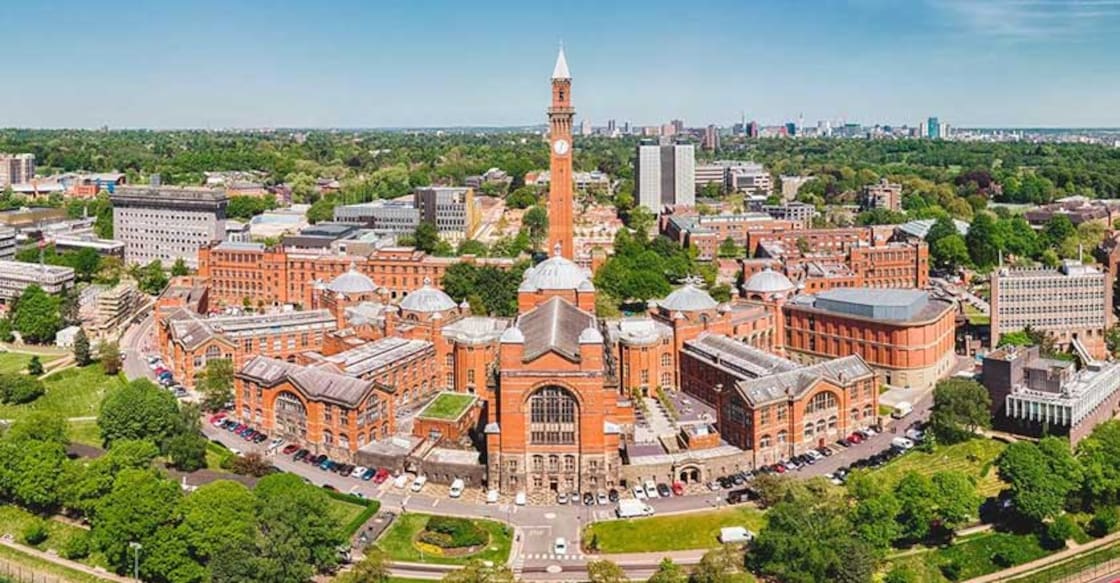Citing Kerala model as example, Birmingham University study says internet access should be basic human right

Mail This Article
London: Free internet access should be considered as a basic human right, according to a study which noted that people unable to get online - particularly in developing countries - lack meaningful ways to influence the global players shaping their everyday lives.
Researchers from the University of Birmingham in the UK gave the example of Kerala, noting that the Indian state has declared universal internet access a human right and aims to provide it for its 35 million people by this year.
They explained that as political engagement increasingly takes place online, basic freedoms that many take for granted including free expression, freedom of information and freedom of assembly are undermined if some citizens have access to the internet and others do not.
The study, published in the Journal of Applied Philosophy, shows that the internet could be a key way of protecting other basic human rights such as life, liberty, and freedom from torture - a means of enabling billions of people to lead 'minimally decent lives'.
"Internet access is no luxury, but instead a moral human right and everyone should have unmonitored and uncensored access to this global medium - provided free of charge for those unable to afford it," Merten Reglitz, a lecturer at the University of Birmingham, said in a statement.
"Without such access, many people lack a meaningful way to influence and hold accountable supranational rule-makers and institutions," Reglitz said.
The researchers noted that people without internet acess don't have a say in the making of the rules they must obey and which shape their life chances.
Reglitz added that exercising free speech and obtaining information was now heavily dependent on having internet access.
The researchers said that much of today's political debate took place online and politically relevant information is shared on the internet - meaning the relative value these freedoms held for people 'offline' had decreased.
The study attributes unprecedented possibilities to the internet for protecting basic human rights to life, liberty and bodily integrity, they said.
While the researchers acknowledged that being online does not guarantee these rights, they cite examples of internet engagement that helped hold governments and institutions to account.
These examples include the 'Arab Spring' which saw new ways of global reporting on government atrocities, the researchers said.
They also gave the example of the #MeToo campaign which helped to 'out' sexual harassment of women by powerful men.
K-FON project
Kerala Fibre Optic Network (K-FON), the ambitious project of Pinarayi Vijayan-led Kerala Government, was aimed at setting up a robust fibre optic cable network across the State, using Kerala State Electricity Board (KSEB) posts and transmission towers. The project would provide high-speed internet connectivity to government departments, schools and nearly 20 lakh financially-weak families in the state.
The project is expected to bring down the cost of internet service drastically in the southern state. The core network survey along 28,000km has already been completed.
The project, which was first mentioned in LDF's election manifesto, was announced by Finance Minister Thomas Isaac in the budget for the year 2017-18.
(With PTI inputs)

